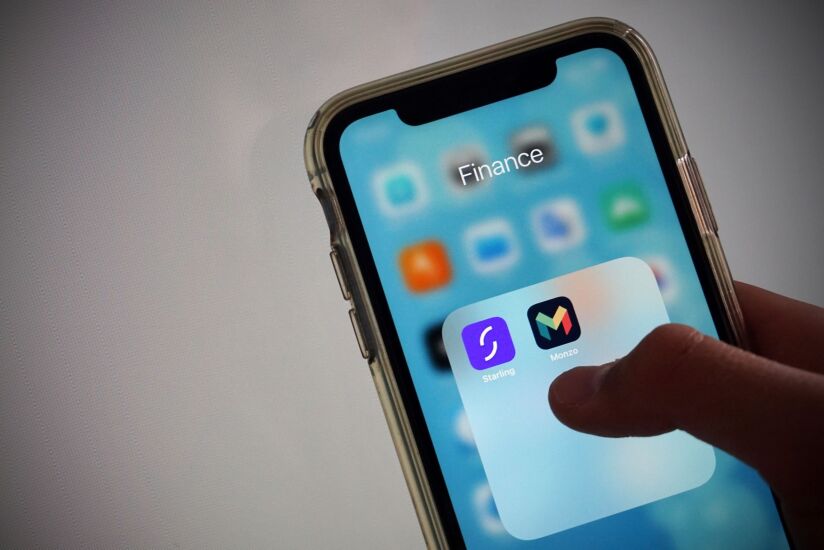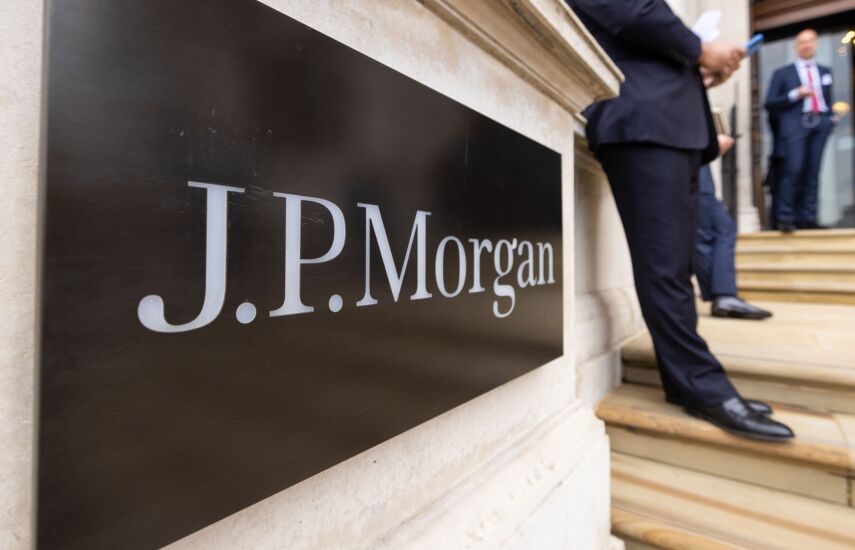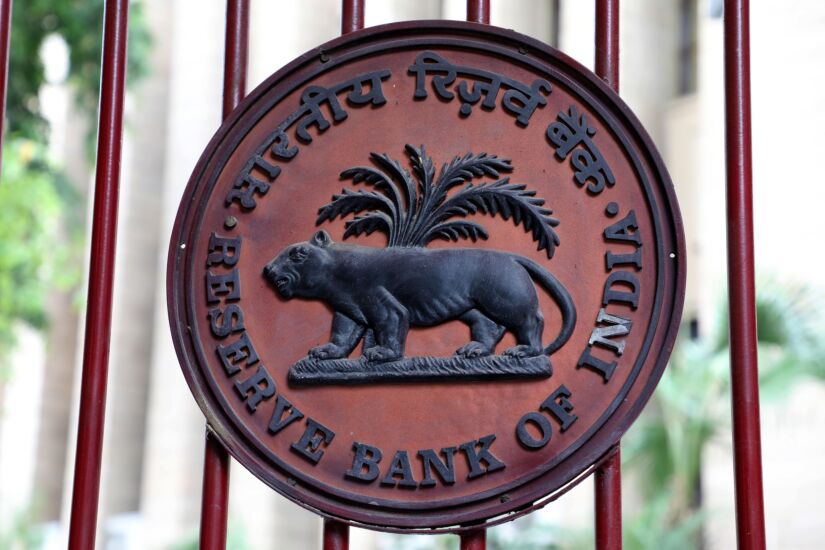Monzo raises a $430 million investment to accelerate its expansion in the U.S.; Stripe adds support for Tap to Pay on iPhone; and more in this week's global payments news roundup.

Monzo raises funds, plans U.S. push

Stripe adds iPhone POS tech to the U.K.

Irish Central Bank official bemoans lack of payment progress
Madouros called on banks to ensure that Irish consumers and businesses can benefit from these payment innovations. He also said access to cash needs to be protected, as does security and resilience in Ireland's payment system.

Paytm-affiliated bank hit with fresh regulatory pressure
Paytm, the large India-based digital payment company that has indirect ties to Paytm Payments Bank, is eliminating its links to the bank, which has faced several know-your-customer investigations in recent years. The Reserve Bank of India barred Paytm Payments Bank from adding new customers in March 2022 due to regulatory concerns, according to

Mastercard, Loop collaborate on financial inclusion in Saudi Arabia

Visa Direct extends its footprint in the Middle East

Visa, Western Union expand partnership to more than 40 countries
Past iterations of the partnership focused on serving consumers in North America and Europe, said Chris Newkirk, Visa's head of commercial and money-movement solutions. The new agreement expands the services "to be truly global," he said. The partnership now covers Visa card issuance, integration between payments network Visa Direct and Western Union and other services. —Paige Smith, Bloomberg News

JPMorgan joins French payment fray in tie-up with Visa rival
The move should allow it to provide "competitive transactions costs" for those French clients, the company said. That's because while more than 95% of cards branded with Cartes Bancaires also have the ability to be routed over Visa and Mastercard's networks, it's typically cheaper for merchants to run those transactions over Cartes Bancaires.
"Joining the Cartes Bancaires network was mainly a demand from our merchant clients, as the use of the network can be cheaper than other card networks," Ludovic Houri, JPMorgan's co-head of payments and commerce solutions for Europe, the Middle East and Africa, said in an interview. "We wanted a seat at the table, like a European bank, and we want to support the Cartes Bancaires network." —Alexandre Rajbhandari, Bloomberg News

Klarna investors push for more control in post-IPO structure
Victor Jacobsson, a Klarna founder who has left the company but remains a significant shareholder, has privately opposed any structure that would give special shares to Siemiatkowski, the people said, asking not to be identified discussing a private debate. Tension between the two co-founders was one of the factors in
"There are no proposals of introducing any new special rights to any individual or select group of shareholders," a spokesperson for Siemiatkowski said in an emailed statement. "Sebastian has supported, together with Sequoia and Bestseller, the removal of currently held special rights, for the benefit of the company and all the shareholders collectively," noting it was part of the push to create a U.K. holding company and was communicated to investors in November.
Representatives for Klarna, Sequoia and Jacobsson declined to comment. A spokesperson for Bestseller didn't immediately respond to a request for comment. —Mark Bergen and Aisha S Gani, Bloomberg News

India tells banks to stop exclusive deals on credit cards
Banks and nonbank lenders must stop "any arrangement or agreement with card networks that restrain them from availing the services of other card networks," the Reserve Bank of India said
Banks will now need to provide an option to their customers to choose from multiple card networks at the time of issue, while existing cardholders may select their networks at the time of the next renewal. The move may impact Visa and Mastercard the most in India as they charge various fees based on their card offerings, including for use overseas. Cards from Rupay, part of India's homegrown National Payments Corporation, don't succumb to network registration fees and are typically free for domestic usage.
The new directive will not apply to credit card issuers with fewer than 1 million active cards and won't impact issuers using their own authorized network for such cards, the RBI said. This may largely shield card networks such as American Express Co. as it uses its own network. —Anup Roy, Bloomberg News





